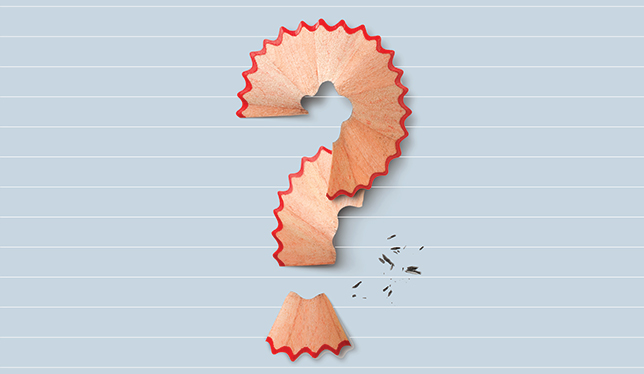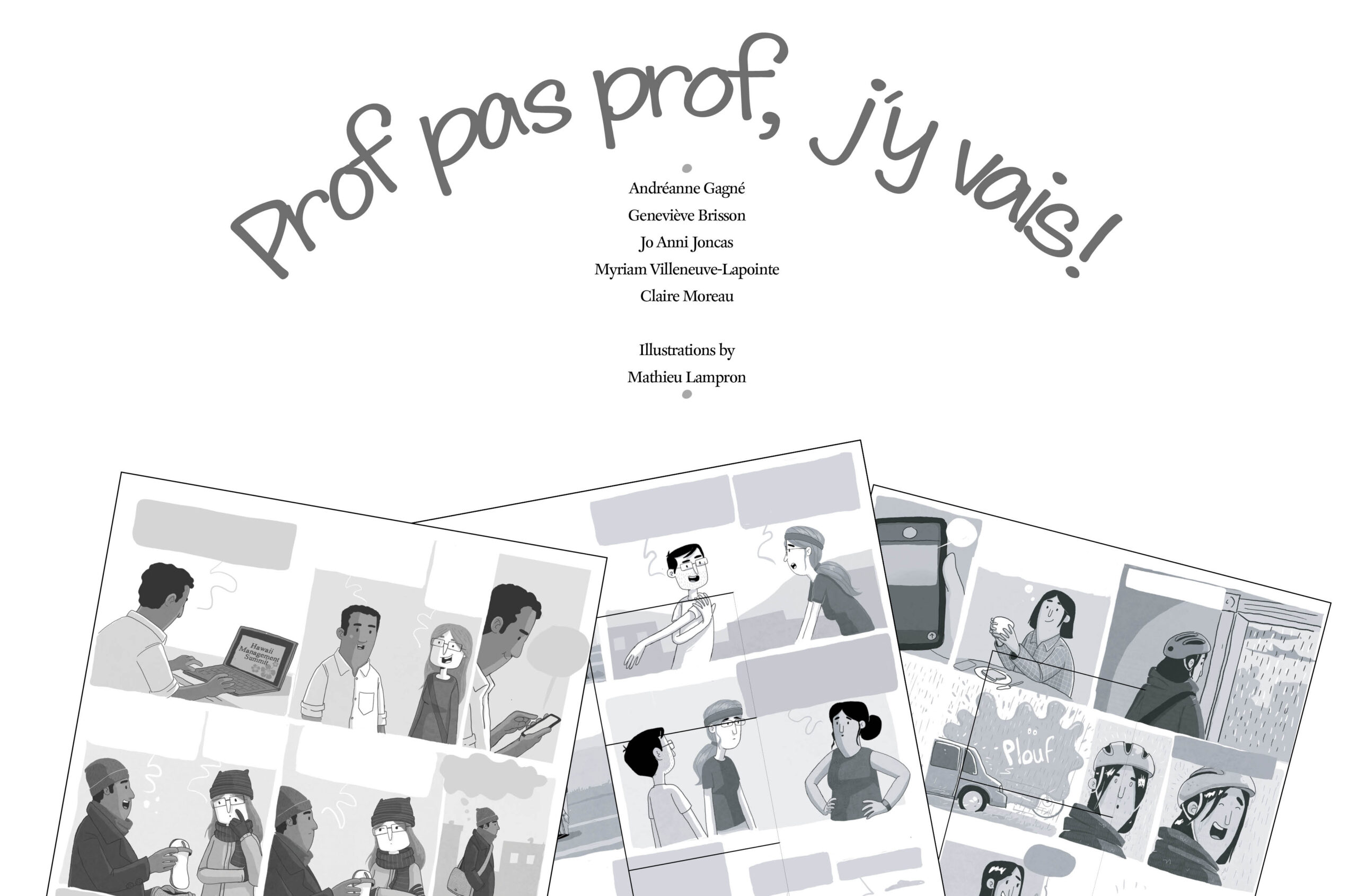The problem with argumentative writing
The argumentative essay – the gold standard of persuasive writing – may be a better measure of good rationalization than good critical thinking.

When I was a student studying philosophy, the topics I chose to write about – from the ethics of food to the nature of consciousness – were often dictated by my strong convictions. With my position already confirmed, my research process was but a means to an end. When it came time to write, I would marshal my arguments as clearly as I could to help the reader see what I had long known to be true. I’d of course include counterarguments. After all, my professors wanted to know that I was measured and thoughtful; they wanted to know that I was open-minded.
Prominent researchers within the field of critical thinking, including Robert Ennis and Richard Paul, agree that open-mindedness is an important component of critical thinking. Without the ability to be receptive to alternative perspectives, analytical reasoning skills have little to evaluate. In this way, it is difficult to imagine a good critical thinker who is closed-minded. Meanwhile, many faculty across the disciplines regard the argumentative essay, particularly the persuasive essay, as the gold standard of assessments. It’s widely thought that students who write an effective persuasive essay demonstrate a full range of critical thinking skills, including open-mindedness. Students develop this skill by conducting a balanced literature search and interpreting the work of others in a fair-minded manner. But can a fair inquiry take place when students are saddled with prior beliefs on a topic?
In a recently published article entitled “How argumentative writing stifles open-mindedness” in the journal Arts and Humanities in Higher Education, I argue that argumentative writing genres do not challenge students to confront key cognitive biases when engaging in moral, political and social topics. Rather than motivating students to inquire into the truth of a topic, these genres unwittingly serve to preserve students’ prior beliefs. Challenging and overturning one’s beliefs can be a psychologically difficult experience that can disturb one’s way of being in the world. With no mechanism to confront cognitive biases, including confirmation bias (i.e., the biased seeking of evidence) and motivated reasoning (i.e., the biased interpretation of evidence), argumentative writing genres enable students to take the path of least resistance.
The wealth of empirical research that has demonstrated confirmation bias, motivated reasoning and a cluster of associated biases pose a serious challenge to argumentative writing. The persuasive essay, for example, may be a better measure of good rationalization than good critical thinking – that is, we may be assessing students’ abilities to defend a view to which they were already predisposed to believe. While rationalization requires cleverness, it does not require learning. There’s no growth, no challenging of one’s ideas. When I think back to my time as a student, I may have been getting good marks on my persuasive essays – checking all the boxes on the rubric – but I was anything but open-minded. In fact, writing persuasive essays may have added fuel to the fire, not simply perpetuating my prior beliefs but strengthening them.
If argumentative writing genres aid to prevent open-mindedness in students and result in even more polarizing beliefs, then we need a new kind of writing genre that targets this foundational skill. To address this need, I propose a genre called the complexity paper. The writer of a complexity paper is not trying to convince the reader of a particular position. Rather, the writer is trying to convince the reader that the particular issue under investigation is complex and difficult to resolve. One of the main goals of a complexity paper is to put opposing views on a topic in their best possible lights. To accomplish this task, it is necessary to research advocates of each position by conducting a full literature search. Moreover, to articulate different viewpoints in their best lights, it is necessary to interpret evidence carefully and without bias.
Since the goal is to illustrate that an issue is complicated, the reader should not be able to determine the writer’s position on the issue. Given this structure, even students who have strong prior beliefs on the topic will be motivated to understand opposing perspectives. Ideally, the inquiry would plant a seed of doubt in students’ minds. This is ideal because doubt keeps biases at bay.
Whether or not the complexity paper is the solution, argumentative writing has a problem. It stifles open-mindedness. In a time when moral, political and social topics are becoming increasingly polarized, developing students’ open-mindedness ought to be a top priority for educators.
James Southworth is a writing consultant at Wilfrid Laurier University.
Featured Jobs
- Human Resources and Organizational Behaviour - Lecturer, 2-year termUniversity of Saskatchewan
- Architecture - Assistant ProfessorMcGill University
- Research Chair in Systems Transformation and Family Justice (Faculty Position)University of Calgary
- Creative and Cultural Industries - Assistant Professor (Fashion Studies and Cultures)Chapman University
- University LibrarianYukon University













Post a comment
University Affairs moderates all comments according to the following guidelines. If approved, comments generally appear within one business day. We may republish particularly insightful remarks in our print edition or elsewhere.
4 Comments
Thanks for this interesting idea, James. I have long complained about academic philosophy’s enthusiastic attachment to argumentative essays, and so agree with most of what you say. But I think you are pitting argument and complexity against each other when they don’t have to be so antithetical. We can take our readers through the muck of complex ideas and still come to a conclusion about what we think of the mess (and therefore, engage in persuasion, even if more subtly). I’m not sure why you think in order to be upfront about complexities the writer’s position needs to be hidden. The problem with the argumentative essay is not that the author’s position is known, but that it isn’t thoughtful or nuanced enough–as you say, it is only a reinforcement of something already known. But I absolutely agree with your wish to emphasize complexity, which seems to have gone out the window along with reading difficult texts. Have I persuaded you?
Hi Diane, I agree that complexity and persuasion can occur in the same paper, but I think it takes a superb critical thinker not to fall into the traps of confirmation bias and motivated reasoning. One option is to scaffold writing assignments. First, students write a complexity paper with the goal of convincing the reader that the particular topic is complicated and difficult to resolve. This paper specifically targets the development of open-mindedness. Then students can write an argumentative paper with the goal of persuading a reader of a particular claim. This scaffolding approach doesn’t dispense with the persuasive essay, but it still addresses the challenge of confirmation bias and motivated reasoning.
There is a fallacy of ambiguity pervading this opinion article that turns its thesis into a self-referential paradox: If it’s true then it must fall under its own critique and be rejected as false. The only way out of this paradox is to recognize that “argumentative writing” and critical thinking are not at all the same thing. Just having a thesis to argue makes such writing a piece of advocacy, and advocacy is in many ways just the opposite of critical thinking. This opinion article writer must ask the elementary question of meaning, “What do you mean by that?” before arguing that “that,” namely the “argumentative writing” he claims he was taught as a philosophy student trying to master the art of critical thinking wrongfully stifles open mindedness. He seems to have confused the lawyer with the philosopher, and advocacy with critical thought. If open-mindedness isn’t part of the “argumentative writing” process then it’s not critical thinking. Critical thinking is not close-minded, only advocacy is. That the one now passes for the other is a blight on the intellectual culture of post-secondary education.
The complexity paper is a challenge, and I like it. It not only forces the writer to think, but the reader as well. It’s highly educational.Thank you.